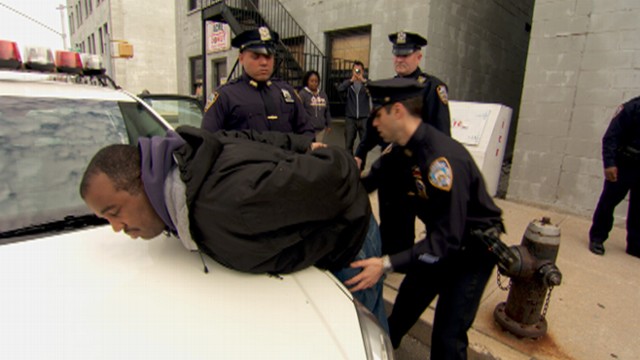
In State v. Mecham, the WA Supreme Court decided that Prosecutors in DUI trials may admit evidence that a defendant is declining field sobriety tests as evidence of consciousness of guilt.
FACTS
In 2011, Officer Campbell made a traffic stop of defendant Mark Tracy Mecham. Although Mecham’s driving showed no signs of intoxication, Mecham smelled of intoxicants and had slurred speech. The officer asked Mecham to perform voluntary field sobriety tests (FSTs), which would have involved Officer Campbell’s observing Mecham’s eye movements and ability to walk a straight line and stand on one leg. Mecham refused.
At trial, Mecham moved to suppress his refusal to perform the FSTs. Typically, trial courts grant this defense motion. In Mecham’s case, however, the trial court denied his motion and ruled that even if FSTs were a search, probable cause supported the search. Mecham’s refusal was admitted to the jury as evidence to support the Prosecutor’s theory that Mecham exhibited “Consciousness of Guilt.” The jury found Mecham guilty of DUI.
Eventually, Mecham’s case was appealed to the WA Supreme Court. He argued that his right to be free from unreasonable searches was violated when the trial court admitted evidence of his refusal to undergo FSTs.
THE DECISION
Unfortunately for Mecham, the WA Supreme Court disagreed and upheld his DUI conviction. In a deeply divided decision, the Court held that while a FST is a seizure, it is not a search either under article I, section 7 of the Washington Constitution or under the Fourth Amendment to the United States Constitution. The State may, therefore, offer evidence of a defendant’s refusal to perform FSTs. Field sobriety tests may only be administered when the initial traffic stop was supported by reasonable suspicion and the officer has reasonable suspicion that the defendant was driving under the influence.
The lead majority opinion was authored by Justice Wiggins. Justice Fairhurst concurred in part and dissented in part. Justice Fairhurst would prohibit the administration of FSTs once the defendant is already under formal arrest for an offense other then DUI. Justice Johnson dissented on the grounds that the defendant had been told by the officer who administered the FSTs that they were voluntary. Finally, Justice Gordon McCloud dissented on the grounds that FSTs are searches.
My opinion?
I agree with Justice McCloud’s dissent. Here’s a portion:
“An FST can reveal information about a person’s body and medical history that are unquestionably private in nature. According to the National Highway Traffic Safety Administration (NHTSA), in addition to possible inebriation, FSTs can reveal a head injury, neurological disorder, brain tumors or damage, and some inner ear diseases. These conditions are not necessarily observable in the subject’s normal public behavior; they may well be revealed only by the special maneuvers the subject is directed to perform during the FST. Indeed, if an FST did not reveal information beyond what is readily observable by the general public, there would be no need to administer it in the first place. I therefore conclude that FSTs are searches under article I, section 7 of our state constitution.”
FSTs are a search. Period. Clearly, Officers who ask citizens to performs FSTs are seeking evidence of DUI. Because FSTs are a search, Mecham had a constitutional right to refuse to perform them unless (1) the officers had a warrant, or (2) an exception to the warrant requirement applied. Here, the Officer neither possessed or obtained a warrant for a blood test. Nor did the Officer even attempt to get a warrant.
Even more concerning, Prosecutors now have free reign to spin a citizen’s refusal of FSTs as “consciousness of guilt.” That’s unfair. Indeed, there’s a lot of debate in criminal law on whether FSTs accurately and/or scientifically indicate whether someone is DUI. These tests are, quite simply, balancing and memory tests administered under extremely uncomfortable and stressful conditions. These tests – which more of less reflect bad balance, lack of memory and preexisting health issues – simply do not accurately depict intoxication.
Please contact my office if you, a friend or family member are charged with a crime. Hiring an effective and competent defense attorney is the first and best step toward justice.















